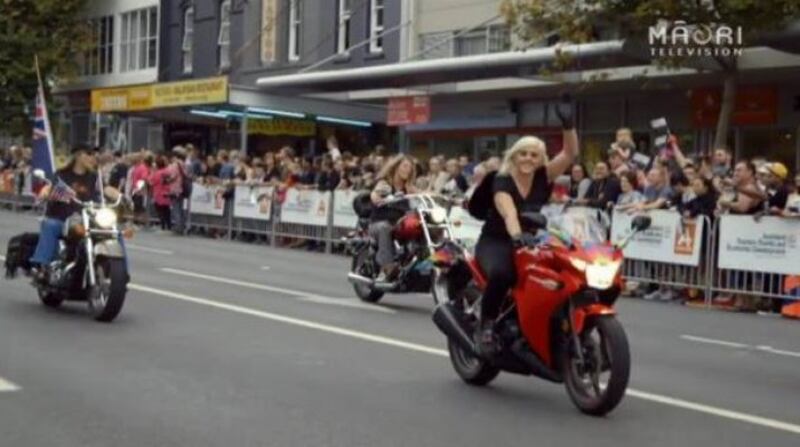Queer and trans activist group No Pride in Prisons is putting pressure on the Auckland Pride Board to disallow uniformed Police and Corrections officers from marching in the 2016 Pride Parade.
Articles published by news source GayNZ last week revealed that the Pride Board was willing to negotiate its decision to disqualify uniformed Corrections officers from the parade.
According to spokesperson Sophie Morgan, “Uniformed Corrections and Police officers have no place in the Auckland Pride Parade. Both of these organisations inflict disproportionate violence on already marginalised people. These actions should in no way be accepted by the queer community.”
Corrections’ decision to introduce the “double-bunking” policy is the reason the group are wanting to exclude the organisation. Double-bunking means holding two or more prisoners in a single cell overnight.
Sophie Morgan says, "This policy was expanded despite advice that it would lead to greater instances of sexual assault. According to a US study,[1] trans women in men's prisons already face thirteen times the likelihood of sexual assault than the general prison population.
The Department’s double-bunking policies lead directly to violence against trans women incarcerated in men’s prisons.”
No Pride in Prisons has been in contact with two transgender women in the last couple of months who have been allegedly raped while in men's prisons.
No Pride in Prisons stresses that the Police have no more a place in the Pride Parade than do Corrections.
"According to a report released in 2015, New Zealand Police use force against Māori at almost 8 times the rate they do Pākehā.[2] This is a clear violation of the human rights of Māori. Inviting this discriminatory institution to participate in the parade is also a clear violation of the Pride Board's Tiriti obligations to takatāpui Māori," says Morgan.
No Pride in Prisons is concerned about what it believes the Pride movement has become.
Morgan adds, “The roots of Pride trace back to riots against the violence of the Police. The Police are now welcomed into our parades with open arms. This requires assuming that the Police have stopped being violent. The violence has quite clearly never stopped.”

